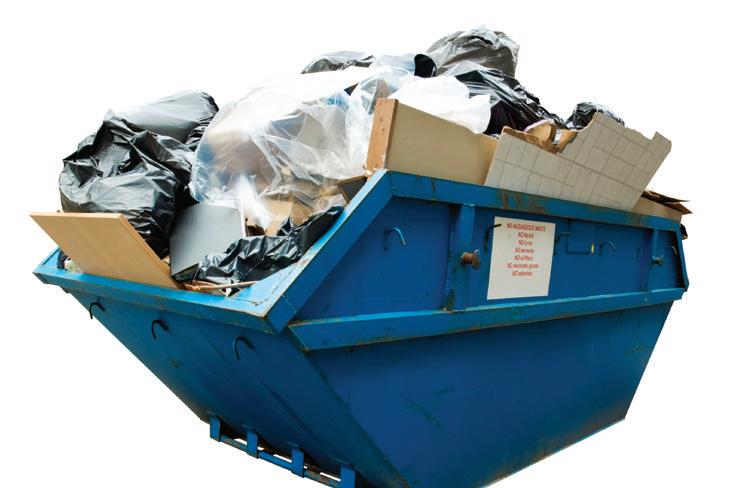40
The haves and the have-nots A
Definitions of poverty
United Nations definition: ‘Fundamentally1, poverty is a denial2 of choices and opportunities, a violation3 of human dignity4…’ 1 4
in a basic and important way 2 not allowing people to have 3 act that spoils or destroys something worth type and aspect of poverty
definition
comments
absolute poverty
being poor according to a fixed minimum standard; sometimes called the poverty line
In 2015, people with less than $1.90 to live on a day were defined as being below the poverty line. This sum does, of course, regularly change.
relative poverty
being poor in relation to others around you
This kind of poverty depends on a person’s social context1. It takes into account that there is no income equality between countries.
extreme poverty
living below the poverty line
People living in extreme poverty will be lacking in material possessions and money. Another word for extreme poverty is penury.
human poverty
being poor in a range of ways, not only financial
This kind of poverty takes into account such social factors as shelter2, nutrition3 (people living in poverty are more likely to be malnourished4), literacy5 levels (people living in poverty are more likely to be illiterate), sanitation6, access to education and healthcare. People lacking these basic aspects of life are said to be deprived7.
1
situation 2 having a place to live that is protected from the weather 3 food that people take into their body 5 suffering from ill health because of poor food (noun = malnourishment/malnutrition) ability to read and 6 7 write systems for taking dirty water and waste from homes to ensure good hygiene noun = deprivation [lacking in things considered necessary for a pleasant life] 4
B
Other expressions relating to wealth and poverty Most of the world’s population can be classed as poor. [categorised] Only a small minority of people in the world enjoy affluence / are affluent. [wealth; wealthy] The super-rich are people who are exceptionally rich. It’s a very poor country – over 60% of the population live on or below the breadline. [having the level
of income of an extremely poor person]
When your income is low, it is hard to make ends meet. [have enough money to buy all you need] Many people left the poverty-stricken countryside to go to the city. [affected by poverty] The charity’s main aim is to improve healthcare in impoverished areas of the world. [poor, without much money to live on]
Everywhere in the city you see destitute people living in shop doorways or under bridges. [without money, food, home or possessions; noun = destitution] When we were first married, we were living from hand to mouth, so it’s nice to be able to spend a bit more now. [having just enough money to live without suffering] Ever since I lost my job, money has been tight. [there has not been much money] We’ll have to tighten our belts now that Mum has lost her job. [spend less than before] Many of the people in this area are in the lowest income bracket. [range of income with upper and lower levels]
Common mistakes We say the rich and the poor, meaning rich people and poor people (NOT the riches and the poors). 86
English Vocabulary in Use Advanced



















































